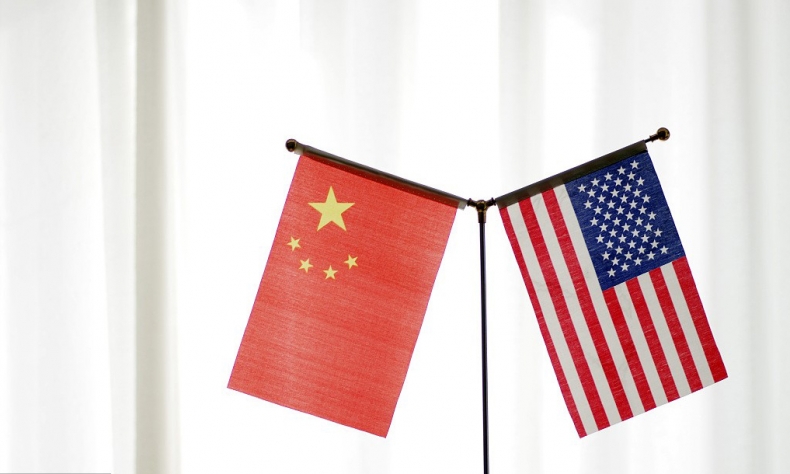Major-Country Ties and Yin-Yang Philosophy

There is confrontation between countries, but what matters more are interconnectivity, balance, integration and harmony.
Since U.S. President Joe Biden assumed office almost six months ago, his administration has been making efforts to rope U.S. allies into launching a crackdown on China economically, technologically, politically and culturally. Positioning China as a hostile rival, some American politicians have always viewed bilateral relationship as a zero-sum game with one winner and one loser. However, this narrow and extreme mentality will only end up hurting both sides.
In stark contrast with the U.S., China has sought to cooperate with the U.S. for win-win results, while shelving differences. President Xi Jinping has already proposed that China and the U.S. build a new model of major-country relationship featuring non-conflict and non-confrontation, mutual respect and win-win cooperation. During his meeting with former U.S. President Donald Trump in 2017, Xi said, “There are a thousand reasons to make the China-U.S. relationship a success, and not a single reason to break it.”
Indeed, there are many areas in which China and the U.S. can cooperate, such as nuclear non-proliferation and climate change.

Unfortunately, hurdles are growing on the U.S. part. Trade between China and the U.S. has brought tangible benefits to both peoples and delivered enormous profits to American enterprises. While turning a blind eye to the benefits of bilateral cooperation, some American politicians have repeatedly bemoaned the U.S. trade deficit with China, claiming that U.S. companies investing and building factories in China is responsible for increasing the U.S. unemployment rate. In their view, China is benefiting at the expense of the U.S.
Why is there so big a difference between Chinese leaders and their American counterparts when it comes to their approach to bilateral ties?
The differences in their mentalities play a vital role. Some American politicians hold a dualistic view about the world. They believe everything is either good or evil, black or white, winner or loser. Therefore, they decline the possibility of win-win. The U.S. will never willingly accept that China will become the world’s largest economy and that the U.S. will drop to second place. It is for this reason that the Biden administration is trying to contain China’s economic and technological growth.
However, mutual respect and cooperation for win-win results as advocated by China demonstrates that it sees the bilateral relations through the lens of the philosophy of yin and yang, the concept that dualism makes a whole. The yin-yang, or tai chi, philosophy, dating back over 2,000 years, was created by Laozi, the founder of Taoism, and other ancient sages. Its symbol consists of a circle divided into two halves by a curved line. One half is black, typically representing the yin side; the other is white, for the yang side. A dot of each color is situated near the center of the other’s half.
According to the yin-yang philosophy, although both sides are seemingly opposite or contrary to each other, they are actually interconnected and complementary for the whole. It applies to everything, including international relations. For example, in international relations, countries are closely interconnected. International trade is mostly mutually beneficial. Hi-tech products such as automobiles, electronic devices, and jetliners are produced with components made in many different countries, and they together form a complete industrial chain. Therefore, with fair competition, relations between countries are much like the interconnectivity and complementarity of yin and yang.
However, sometimes the conflict between yin and yang may become dominant. In reality, if a country is under extreme pressure from another one, it must rise to fight back, leading to an overall confrontation in the worst-scenario case.
Therefore, American politicians with a zero-sum game mindset should realize that the world is both complicated and changing rapidly. There is confrontation between countries, but what matters more are interconnectivity, balance, integration and harmony.
Zhang Lihua is a professor at the Institute of International Studies at Tsinghua University.
 Facebook
Facebook
 Twitter
Twitter
 Linkedin
Linkedin
 Google +
Google +










